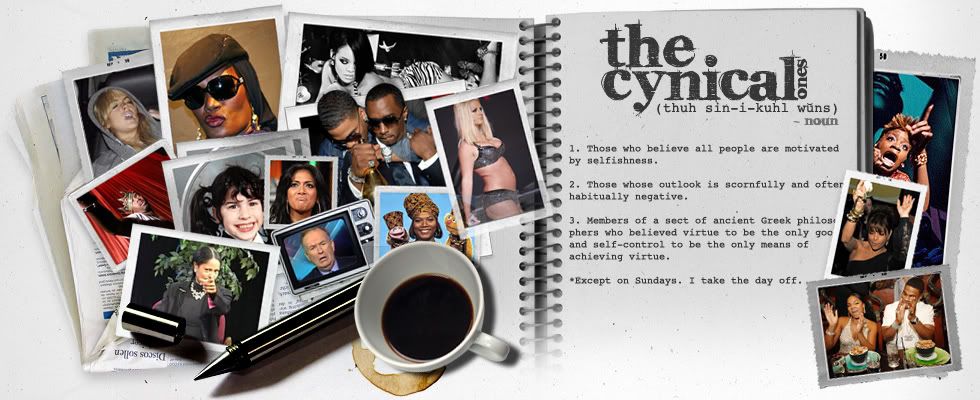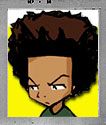There’s an interesting new article by the Associated Press floating around the various media outlets. It’s entitled, “Rap lyrics bring poetic justice, prosecutors say,” and it details how prosecutors have been able to gain convictions using rap lyrics penned by those accused of committing violent crimes. The article begins with the story of Ronell Wilson, a 23-year-old black male convicted of murdering two undercover police officers in a federal court in Brooklyn on yesterday.
According to the article, when police arrested Wilson, who went by the moniker “Rated R,” they discovered his pockets were stuffed with writings that contained violent lyrics boasting of leaving .45 caliber slugs in the heads of any would-be challengers. Prosecutors were able to submit this as evidence, cementing Wilson’s conviction.
The article then goes to point out similar instances where prosecutors used rap lyrics as evidence. This doesn’t always pan out, however. Such is the case for Beanie Sigel, where a federal judge dismissed a federal prosecutor’s attempt to submit lyrics depicting violence acts committed against children.
I just so happened to read this article after reading Sasha Frere Jones’ piece in the New Yorker on cocaine rap hours earlier.
As Jones points out, nearly every emcee (at least those that are mainstream) has rapped about selling cocaine. Likewise, as noted in the AP article, since the advent of gangsta rap, many, many people have scribbled their violent fantasies on paper the way Wilson did.
But, hip hop is about boasting and exaggeration. It’s a constant one-up man ship, and much of these grand tales of debauchery are fantasy.
However, in recent years, it’s been much harder for consumers to decipher what’s real and what’s an illusion. In a lot of ways, the listener has committed the very acts that the emcee could only commit to doing on wax.
Mainstream hip hop glorifies criminal behavior both visually and musically. Selling drugs, murder, and jail time are all mainstays in subject matter. Each action conveys a sense of realness, or at least it gives the listener with the false impression that criminal behavior should constitute it. By today’s standards, that latter is seemingly enough.
Though pioneers in the genre of gangsta rap can lay claim to their lyrical content being a direct result of the harsh realities that the crack epidemic placed them in, can those of the genre that’s been christened cocaine rap make the same claim?
Do killers appear on dating game shows like “Change of Heart?” Do they sit in Madison Avenue boardrooms? Are they thespians?
For the few that would dare to make such a claim, how far removed from a lifestyle does one have to be before they and their subject matter evolve? Or am I expecting too much by hoping that a contemporary mainstream rapper would even want to?
Nevertheless, if it’s believability the hip hop community wants, prosecutors are now willing it to give it. I’m not saying I actually agree with that, but hey, their fantasies are now everyday people’s reality.
The Cynical Ones.






